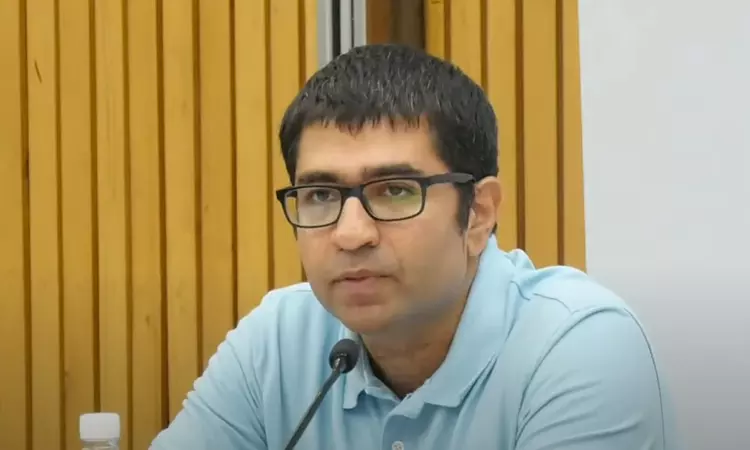Public Conversations About Judicial Ideology Necessary: Gautam Bhatia
Gyanvi Khanna
17 Sept 2023 9:30 AM IST

Next Story
17 Sept 2023 9:30 AM IST
During a panel discussion held to mark the launch of the book, authored by Gautam Bhatia, ‘Unsealed Covers: A Decade of the Constitution, the Courts, and the State’., Bhatia spoke about certain important issues in the Indian Judiciary including about the acknowledgment of judicial ideology. The panel also included Former Orissa High Court Chief Justice S Muralidhar, renowned criminal...
